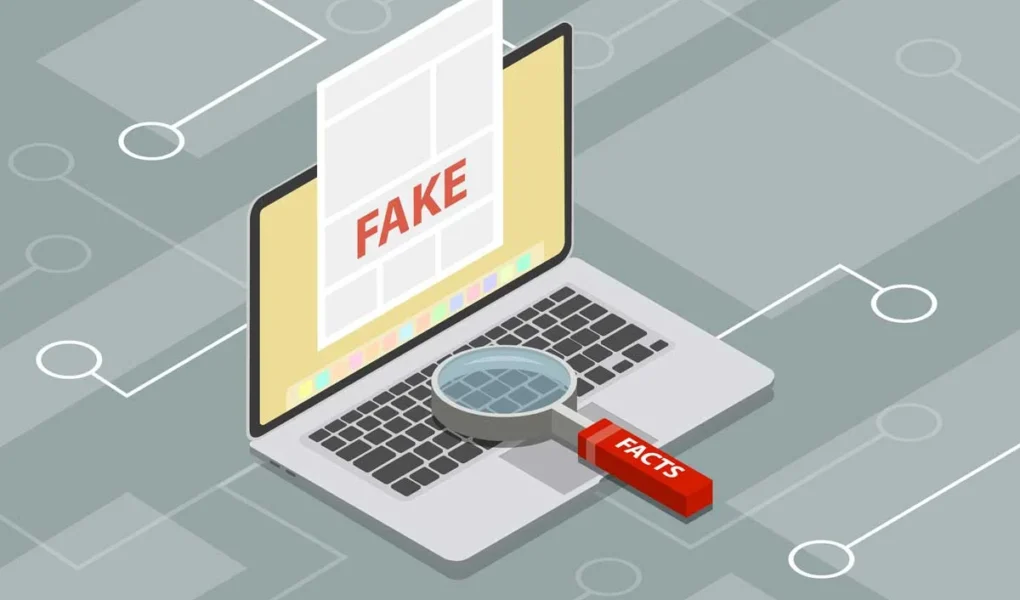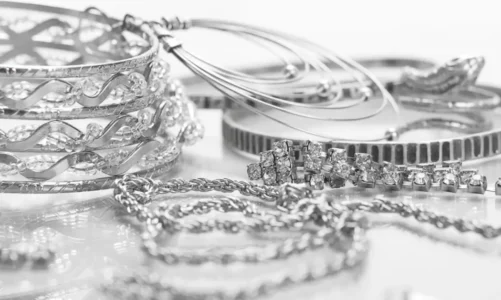Journalism is currently in crisis mode as fake news threatens the integrity of the profession worldwide. Professional journalists are ethical, objective and responsible as they deliver news that is relevant and important to their fellow citizens. They strive for accuracy and truthfulness and abide by a code of ethics. However, there is an element out there that is deliberately destructive, striving to disrupt people’s beliefs for their own selfish purposes.
What is fake news?
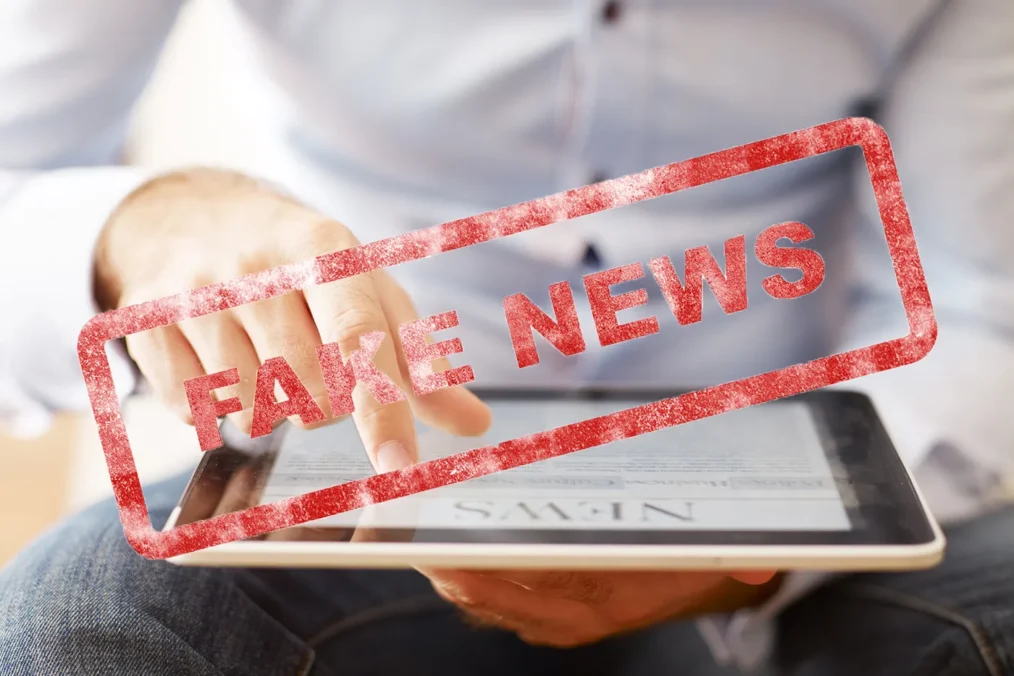
A training handbook published by the United Nations Educational, Scientific and Cultural Organization (UNESCO) states that an article’s claim to be ‘news’ is disputed when the information contained therein is false. UNESCO’s definition of ‘news’ is “verifiable information in the public interest”. False information can be broken down into disinformation and misinformation.
Disinformation refers to deliberate attempts to confuse or manipulate people into believing dishonest information. They may do this to create sensationalism around well-known personalities or to falsify information, which results in a deliberate attempt to exploit and mislead vulnerable people.
Misinformation refers to incorrect information that has been gathered without the malicious intention of misleading the public.
Both forms of false information are problematic, however. Misinformation misleads the public and can cause harm. Disinformation is dangerous as it is mainly orchestrated with malicious intent. It is well organized and often published on media that is free and can be shared with a multitude of people. It targets, among others, vulnerable people who are unable to afford to pay for quality journalism or are desperate enough to fall for financial scams.
Ethics in journalism
Journalists comply with ethical and professional standards. This means that neither disinformation or misinformation qualify as journalism. Substandard journalism is the lack of proper editing, poor research, exaggeration for the sake of sensationalism, or politically biased reporting.
We cannot assume that professional journalism rises above embedded ideologies or narratives because both professional and substandard journalism reflect the journalist’s or organization’s opinions at times. Substandard journalism is simply lacking in professionalism, and it is this unprofessional style of journalism that leads to disinformation and sometimes even misinformation.
It also means that professional journalists cannot stand by and watch as weak or unethical journalism floods the environment with false information. It’s not that simple, however, as journalists who are committed to telling the truth, particularly when it threatens to expose the very people who are disseminating the disinformation, become targets themselves, being discredited by lies and rumors or intimidated.
UNESCO’s warning is that while disinformation is generated mainly through social media, there are powerful actors out there who are deliberately using it to disrupt genuine news media, and that the introduction of more stringent laws, particularly when they don’t comply with international standards, enables false news purveyors to suppress the truth for political reasons.
The organization warns that the public may eventually become disbelieving of any journalism and rely on their social media content instead, taking whatever lies close to their hearts as the truth. UNESCO’s call is for journalists to fight against fake news, adhere more closely to professional standards and ethics, and stay away from information that is not in the public interest.
In light of this, you can take a stand against false reporting as you learn more about the importance of journalism ethics with an online master’s degree in journalism at St. Bonaventure University. After completing this course, you’ll be able to make your mark as an ethical journalist who aspires to deliver truthful and factual information.
The seven core principles of journalism
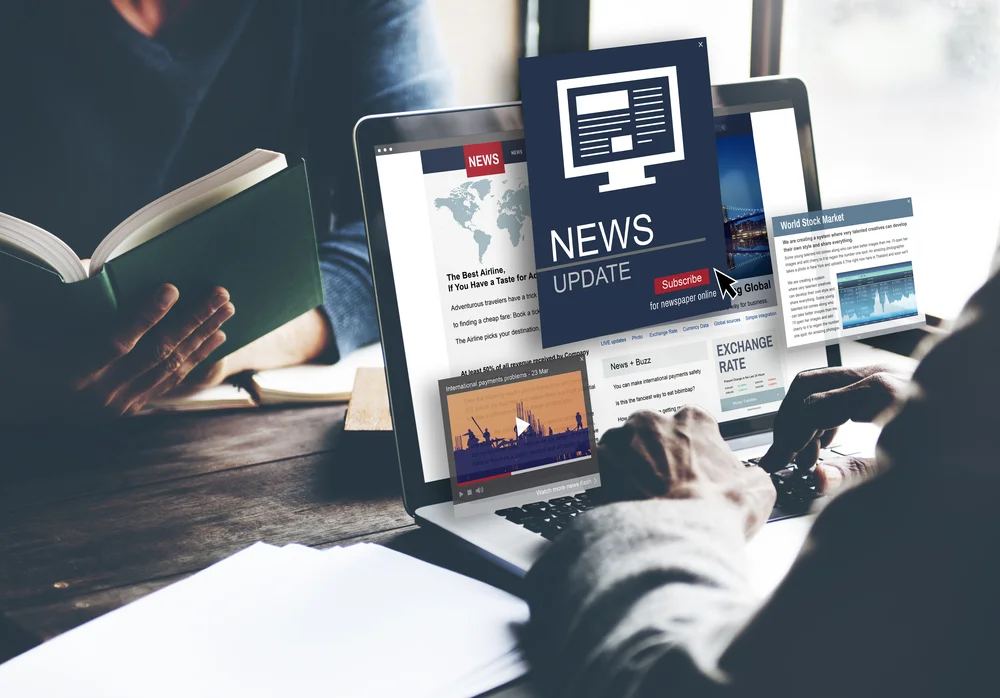
Transparency
In light of today’s misinformation and disinformation issues, transparency is of the utmost importance for instilling trust in the public audience. Journalists should identify their sources of information, letting their audience see where they get their information from. An exception to this is in cases where witnesses specifically request not to be named.
Accuracy
Getting the facts straight involves research and more research. Fact-checking should be done using reliable sources, as inaccurate information can do considerable harm. In financial circles, false information can result in people making bad investment choices, and in medical circles, it can have a negative and dangerous impact on people’s health decisions.
Fairness
Sifting through the information at hand and evaluating it with an open mind, giving it context, and presenting alternate points of view enables the journalist to determine the best way to report on sensitive issues, and it helps to build trust and confidence in the journalist’s reporting over time.
Confidentiality
Confidential sources are to always be protected. Their identities should always be kept private, ensuring that they are safe from intimidation by those who stand to lose credibility. Protecting whistleblowers creates relationships of trust and ensures ongoing information sources. There are exceptions to this rule, but they should be kept to a bare minimum.
Independence
Journalists should be independent, not acting on behalf of their special interests or beliefs, and not reporting on anything that conflicts with transparency.
Accountability
Journalists who care about their reputations correct their errors promptly, engage with audiences, and respond to their concerns with sincerity.
Humanity
It’s imperative for journalists to consider the impact that reporting will have on the lives of others, particularly those who are innocent and vulnerable. Using public interest and opinion as a guideline may help the journalist decide what is going to be unnecessarily hurtful or degrading. A social justice style of journalism may offend or embarrass individuals and communities, or even place them in danger. Journalists should adopt a method of reporting that will have the least possible negative impact on communities and individuals.
Research, fact-checking and resources
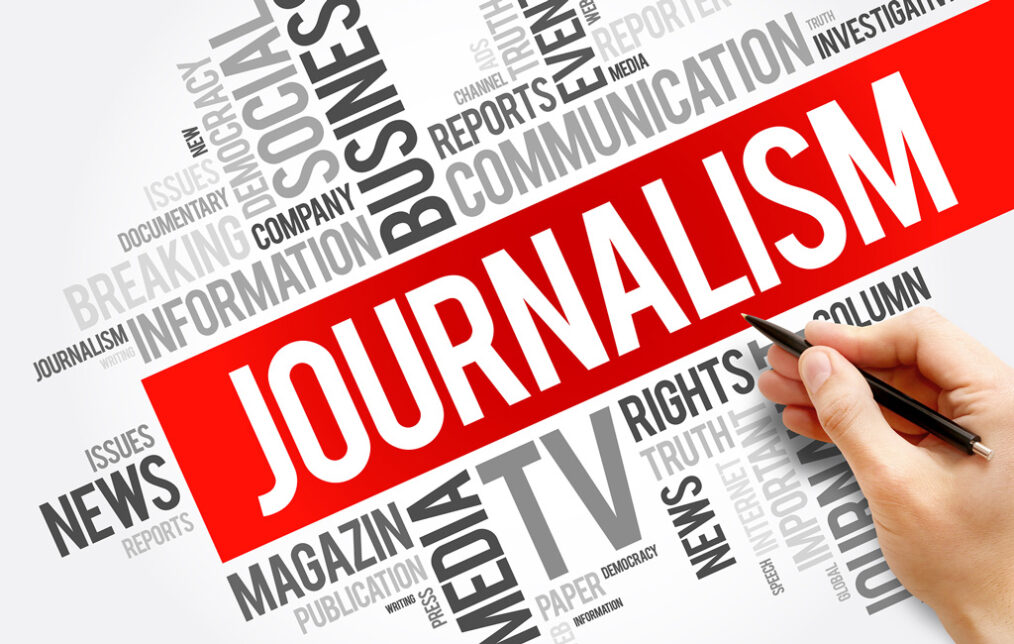
The role of journalists has changed over the past three decades. Being first to break a news story used to be a priority for journalists, but today newsworthy items often appear on social media first, and they may not necessarily be correct. A single statement can create so much hype around an event, such as the death of a celebrity, but it may just be false reporting. Social media reports spread so quickly that once they’re out there, there is no going back unless the originator publishes an apology.
Reputable broadcasting houses have their own internal rules about research methods and have a wealth of reliable sources at hand that they can use for verification of their information. Generally, if the appropriate research has not been done, the article will not be published. Unfortunately, for some of the smaller agencies, getting the right coverage as quickly as possible has financial implications and becomes more important than checking the facts properly.
Checking resources and facts is not as easy for independent journalists, but usually they are affiliated with a news organization that can help them when verification of information is necessary. Journalists need to be cautious and thorough when doing research, regardless of who they are working for.
Prior knowledge of the subject under review is always an advantage. Many journalists specialize in specific areas of reporting, such as sports or finance. That said, on something as complex as climate change, for example, there are a myriad of opinions on global warming, and even more when it comes to possible solutions. Each expert has something to add to the argument. So, how do journalists tell misinformation from disinformation or from information? To begin with, the journalist who is tackling these issues needs in-depth knowledge of all the issues and a number of sound scientific contacts that they can turn to for verification of the facts.
During the editing process that follows, the facts will need to be checked, and corrections will be made. Editors also check the sources, insisting on reliable material.
Journalists have built up contacts over the years. They network with people in strategic positions within police departments and hospitals, people in public relations positions in large companies, and shopkeepers or vendors in busy areas. People get to know them, and in time they form trusting relationships.
On a larger scale, news corporations have access to satellite footage so that they can verify large-scale events before reporting on them. They have teams of people who verify facts and do character and background checks.
Sources
Journalists need strong and relevant sources that lend credibility to their stories. Having access to reliable sources of information is key to the success of any journalist. It’s important to nurture good relationships with people in the know, respect their wishes, and keep them out of the public eye if they so choose.
When people come forward with information, their credentials and backgrounds need to be thoroughly checked. Ideally, journalists should have a team of experts that can do the groundwork for them.
Journalists should have an accumulation of contacts in the right places, such as a person who can confirm questions about previous criminal records. It’s easier to get confirmation of the facts than to ask for the information. Journalists should seek out multiple witnesses with corroborating stories, confront the person who has been incriminated, or gather enough circumstantial evidence to verify the story.
If the source comes up with a lot of technical information, it is easy enough to get the facts checked by consulting with an expert in the field. This immediately lends credibility to the source. Listen carefully to the language being used. If a witness is uncertain, they will use language such as “maybe” and “I think”.
Witnesses may wish to remain anonymous for various reasons. They may be shy or fearful of repercussions. Their wishes to remain anonymous need to be respected always, as breaking this rule can mean loss of credibility or loss of a job and may lead to physical harm or death. When someone gives information about a criminal incident, they will more than likely have to testify in court. In this case, the journalist loses the right to protect their source’s identity, but with the help of the judicial system, they can apply for witness protection, which involves moving them to a place of safety with a change of identity in extreme circumstances.
Credentials
Journalists generally rely on their status as representatives or members of the public, and access to government and private functions is often open to the public. This is not always the case, however, and when journalists need access to government or private areas that are limited in terms of public access, they have to apply for permission. Official credentials are not that easy to obtain, and journalists working for larger organizations are more likely to qualify than their freelance counterparts.
Many journalists today operate as freelancers or are employed by the numerous digital media organizations that have evolved over the past two decades. This breakaway from traditional newsrooms has resulted in inconsistencies in the granting of official credentials to journalists and confusion about the standards.
Plausibility
The word ‘plausible’ is defined by Merriam-Webster as “seeming likely to be true”, or “able to be believed”. When a theory is plausible, are there sufficient grounds for publishing the information? Not really – the facts need to be 100% accurate, not seemingly plausible.
Plausibility from a reader’s point of view depends on their view of the world, and their decision is based on that view. If the reader knows that the publication is reputable, and possibly knows the journalist’s work, then they are more likely to find the article plausible. Journalists have a responsibility, both to themselves and the newsroom, to report accurately and plausibly. Reporting on facts in a distorted manner may affect plausibility.
Audience education
Journalists are responsible for education in many forms. They inform, advise, instruct and entertain. Their research has to be thorough so that they can report on all aspects of a subject, be it politics, the arts, or an article on fishing or yoga.
Factual articles need to be 100% accurate, or they need to convey that there are other aspects and preferably give some detail regarding the alternate information on the subject, not just a one-sided viewpoint.
Avoid sensationalism
Unfortunately, news channels race to break a story first, and this means that facts are not always checked thoroughly. Sometimes the entire story may be false but is published in a hurry, as the sensation value is more important. It results in retractions and apologies that no journalist or news organization really needs, and if it happens too often, they will lose credibility.
Journalists and their employers need to stick to the facts, separating them from hearsay. Naming and describing suspects can have devastating results if innocent people have been identified as perpetrators. Even experts can make mistakes, and when there is a lot at stake, keep digging for more information. It is better to be the journalist who identifies false information than the one who sends someone to prison for something they didn’t do.
Artificial intelligence and journalism

Artificial intelligence (AI) is here to stay, but how does it affect journalism? With all the false information being generated, whether malicious or otherwise, it’s highly likely that some of this will end up in the article that has been specified and written by AI. While AI will have done most of the work, the article will contain inaccuracies, possibly even misinformation, and the sources will still require the same thorough checking.
Final thoughts
Journalists have a responsibility to their public, their employers and, most importantly, to themselves to stick to the facts and adhere to a code of ethics in everything they do. Their contribution to society is extremely valuable, as they educate and entertain, inform and advise, give objective views on controversial subjects, and are sometimes forced to blow the whistle.
Journalists today can be found sticking their necks out in defense of something that they and their audience feel strongly about or taking a stand against the rampant information that is churned out by social media. The world would be a sorry place indeed without journalists.

